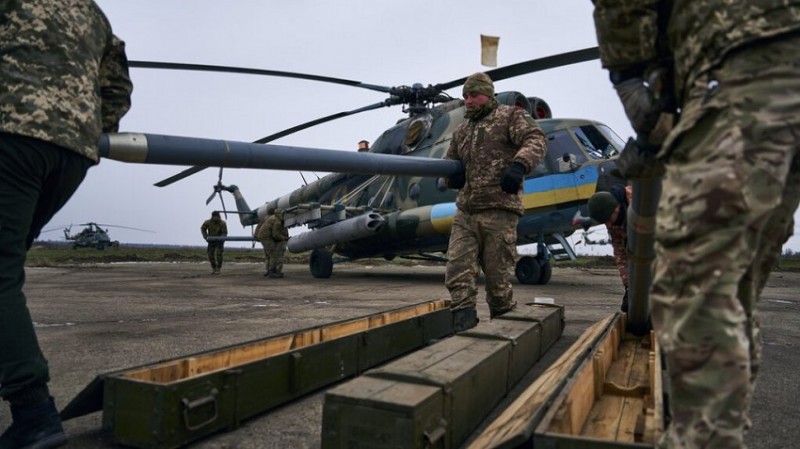
In the ongoing conflict between Russia and Ukraine, the toll on soldiers continues to rise dramatically, with estimates suggesting hundreds of thousands of casualties. However, stories like that of Andrei, a soldier in the Wagner private military company, remain largely unnoticed in Russia. Reports indicate a severe shortage of essential medical resources and inadequate treatment for the wounded, sparking concerns about the Russian government's management of the situation.
Andrei, a 29-year-old former convict enlisted in the Wagner private military company, experienced the horrors firsthand when a shell struck near him during deployment, hurling him into the air and causing severe injuries. Despite enduring an amputation and facing the risk of losing a leg, Andrei's ordeal received scant attention in Russia.
Official figures regarding war casualties in both Russia and Ukraine are undisclosed, but according to American and Ukrainian sources, as well as military analysts, the numbers are staggering, possibly reaching hundreds of thousands. Some estimates even suggest that more than half of the seriously wounded soldiers are amputees.
Access to information about the wounded is limited due to restricted access to hospitals and rehabilitation centers in Russia, leaving news reports and unofficial channels as primary sources. There appears to be a deliberate effort by the Kremlin to suppress discussions about the human cost of the conflict, reflecting a strategy to maintain domestic stability.
The indifference towards soldiers' welfare is evident, with reports indicating a lack of proper medical attention and resources for the wounded. Many wounded soldiers are quickly redeployed to the front lines, emphasizing the military's priority of maintaining troop numbers over ensuring adequate care for the injured.
Stories from soldiers like Dmitri, who experienced the horrors of war firsthand and faced inadequate medical care upon returning to Russia, shed light on the challenges faced by wounded veterans. Dmitri's account of receiving minimal treatment and being instructed to return to the front lines despite his injuries highlights systemic issues within the Russian military healthcare system.
Despite occasional acknowledgments from President Vladimir Putin regarding the challenges faced by wounded veterans, the overall response from Russian authorities remains insufficient. Reports indicate a lack of individually tailored rehabilitation programs for wounded soldiers, leaving many to rely on crowdfunding for essential needs.
The prevalence of amputees and severely disabled veterans further underscores the human toll of the conflict. However, public compassion for these individuals remains lacking, with reports of disabled veterans resorting to begging due to limited support and accessibility.
Military experts warn that the influx of wounded soldiers is likely to continue as long as the conflict persists. The current approach of frontal assaults and infantry-led warfare contributes to the high casualty rates, with little indication of a shift in strategy from Russian forces.
Andrei's story serves as a poignant reminder of the human cost of war, highlighting the challenges faced by wounded soldiers and the need for comprehensive support systems to address their physical and psychological needs.